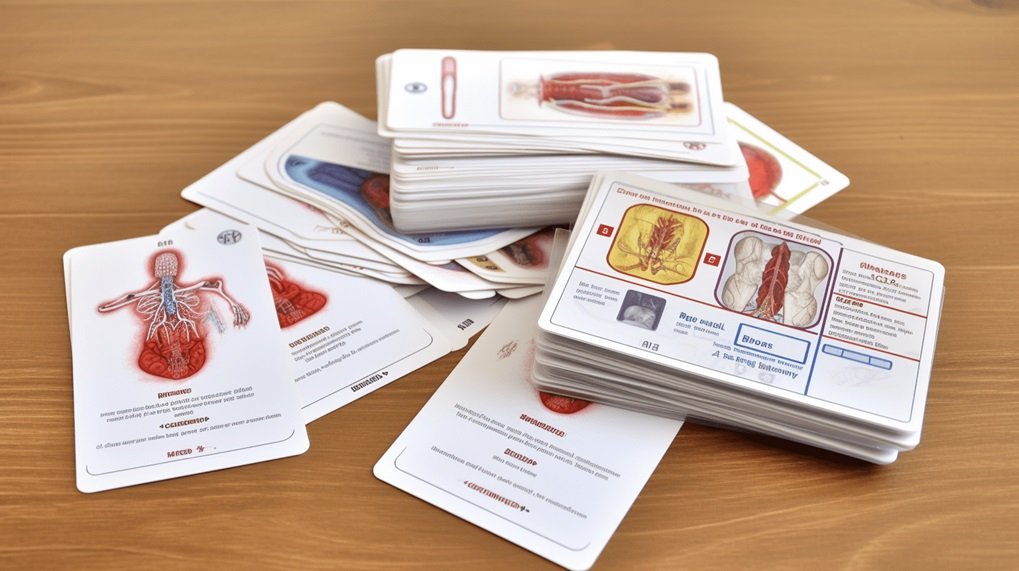Reasons Why Early Loan Repayment Isn’t Always A Good Thing

We’re told that debt is the enemy – a burden to be shed as quickly as possible. So, shouldn’t you rush in and pay off those loans the instant you have extra money?
Being free from debt might seem good, but it can sometimes push your money matters into not-great spots.
Here’s why rushing to pay off loans may not always be smart:
1. You Miss Out on the Magic of Compounding
When you save $500 every month in a plan that gets 7% bigger each year, it might look small at first. But in 10 years, you would have close to $80,000! This shows how cool compound interest is – it’s when the money you make starts earning more money.
Now, what if that $500 you were putting toward an extra loan payment to your registered money lender was invested instead? If that loan has a low interest rate, say 4%, and your investments return a higher rate, you potentially make more money by investing.
Of course, investing comes with risk, but it’s worth considering how those extra dollars work harder for you elsewhere and offset your debts long-term.
2. Prepayment Penalties: Ouch!
Sometimes when you smash that “pay off my loan” button so very satisfyingly, you’re unknowingly in for a rude awakening – the prepayment penalty. Lenders sometimes include these in loan contracts to ensure they earn a minimum profit on your loan’s interest.
Always scrutinize those loan terms and, if you see a prepayment penalty lurking, do some math. You might find that penalty negates any savings you were hoping for with early repayment. If that’s the case, just stick to those minimum payments.
3. “Good Debt” vs. “Bad Debt”
Some loans are actually tools for wealth-building. Mortgages on properties in appreciating areas or student loans that unlock a higher-paying career tend to be viewed as “good debt”. The return on those investments might far outweigh the cost of the interest.
On the other hand, high-interest credit card debt or a depreciating car loan are considered “bad debt”. This is where prioritizing early repayment absolutely makes sense. But those “good” loans? They might be better paid off slowly.
4. You Drain Your Emergency Fund
Life is, well…life. Unexpected things pop up. Car repairs, medical bills, or the occasional sudden job loss – these things happen, and without an emergency fund, you could end up back in debt, potentially on worse terms than your original loan.
It’s a gamble to throw every spare cent into an early loan payoff and leave yourself with no safety net. Sometimes, maintaining a healthy emergency fund, even while slowly paying off a low-interest loan, might offer greater long-term financial stability.
5. Missed Opportunities Elsewhere
Let’s say you have a small business loan at 5% interest. You meticulously pay it off early. Then a fantastic opportunity arises to invest in equipment that could streamline your business, saving you money and increasing profits.
But oops, your available cash reserves went toward that loan. Now you have to take out a new loan, perhaps at a higher rate, to capitalize on that opportunity.
Sometimes, the money you spent on a low-interest debt payoff could have been better used elsewhere for investments with a higher return – giving you more overall wealth in the long run.
So, Should You Pay Your Loans Early?
There’s no one-size-fits-all answer – it depends! That’s why consider these factors:
The interest rate
The higher your debt’s interest rate, the faster you should pay it down.
Prepayment penalties
Are they present, and do they eat into your savings? Reputable organizations like Bukit Batok money lenders are willing to work out agreements.
Opportunity costs
What else could your money do for you, with potentially higher returns?
Your risk tolerance
Are you comfortable with a debt balance knowing your money is potentially working harder in investments?
Conclusion
Being debt-free is fantastic, but sometimes a slower, more calculated approach can actually maximize your financial well-being in the long run. Before jumping into any early loan repayment plans, ask the hard questions, weigh up your options, and make those dollars work for you! Hope this helps!












